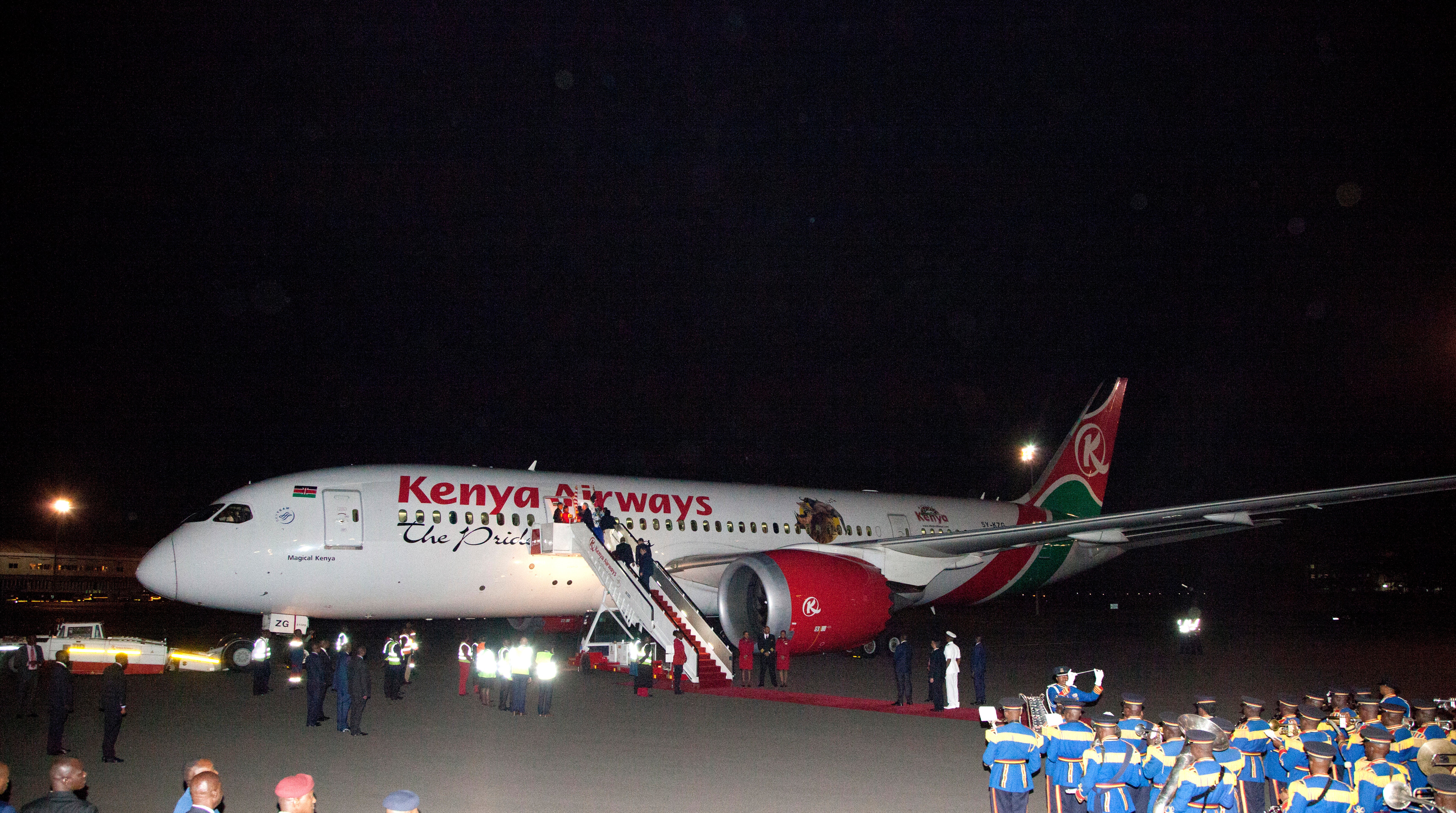Airline says it will stop monkey shipments after Penn. crash
The airline that flew a load of monkeys to the U.S. who were later involved in a highway wreck says it will stop this shipments this month

Your support helps us to tell the story
From reproductive rights to climate change to Big Tech, The Independent is on the ground when the story is developing. Whether it's investigating the financials of Elon Musk's pro-Trump PAC or producing our latest documentary, 'The A Word', which shines a light on the American women fighting for reproductive rights, we know how important it is to parse out the facts from the messaging.
At such a critical moment in US history, we need reporters on the ground. Your donation allows us to keep sending journalists to speak to both sides of the story.
The Independent is trusted by Americans across the entire political spectrum. And unlike many other quality news outlets, we choose not to lock Americans out of our reporting and analysis with paywalls. We believe quality journalism should be available to everyone, paid for by those who can afford it.
Your support makes all the difference.The airline that carried monkeys part of the way to a U.S. research laboratory before they were involved in a highway crash in Pennsylvania says it will stop the shipments.
Kenya Airways will not renew its contract with the shipper when it expires this month, airline CEO Allan Kilavuka said in an email to The Associated Press.
Kilavuka did not identify the shipper who paid the airline to fly the animals from Mauritius an island nation in the Indian Ocean, to New York.
The move by the African airline is the latest skirmish in a long-running battle between animal-rights groups and researchers — with airlines caught in the middle — over the use of animals in medical experiments.
On Jan. 21, a truck towing a trailer with 100 monkeys collided with a dump truck on a Pennsylvania highway. Several of the monkeys escaped. Authorities said later that three were shot and killed and they accounted for the rest.
The U.S. Centers for Disease Control and Prevention, which assisted local authorities after the crash and escape of some of the monkeys, said they were headed to an approved quarantine facility. The CDC did not give the location of the facility or say what the lab intended to do with the monkeys, and it did not respond Tuesday to requests for that information.
Cynomolgus monkeys are often used in medical research because their DNA resembles that of humans, and they have been in high demand since the beginning of the pandemic for testing vaccines.
Monkeys were in short supply even before the pandemic. A 2018 report by the National Institutes of Health said half of researchers had trouble finding enough animals, which led to talk of talk of creating a “strategic monkey reserve.”
Nearly 27,000 non-human primates were imported into the U.S. in the 12-month period ending Sept. 30, 2020. That was down 21% from the previous year because of restrictions from the leading exporter, China, according to a CDC report.
The use of animals in research is controversial, however, and animal-rights groups have called for banning or limiting the practice.
After the Pennsylvania crash, People for the Ethical Treatment of Animals lobbied Kenya Airways to stop shipping monkeys to the unidentified lab in the U.S. The group said monkeys sent to labs are “tormented in experiments” that can cripple or kill them, and the research fails to produce treatments for humans.
On Tuesday, PETA asked U.S. Transportation Secretary Pete Buttigieg to investigate shipments of primates for research, saying it believes shippers are violating rules governing hazardous materials — in this case, monkeys that might carry disease.
Animal-rights groups in the United Kingdom and the United States have targeted airlines to stop shipping monkeys for research since the 1990s.
Most major airlines have stopped carrying research animals. In 2018, a biomedical trade group filed a discrimination complaint with the U.S. Transportation Department against United Airlines, British Airways and other carriers. The filing has drawn more than 1,000 comments.
Air France remains a holdout, according to animal-rights groups, despite years of pressure from primate expert Jane Goodall and various celebrities. The airline did not respond to a request for comment, but in the past it has said that research involving animals is vital to human health.
___
David Koenig can be reached at www.twitter.com/airlinewriter